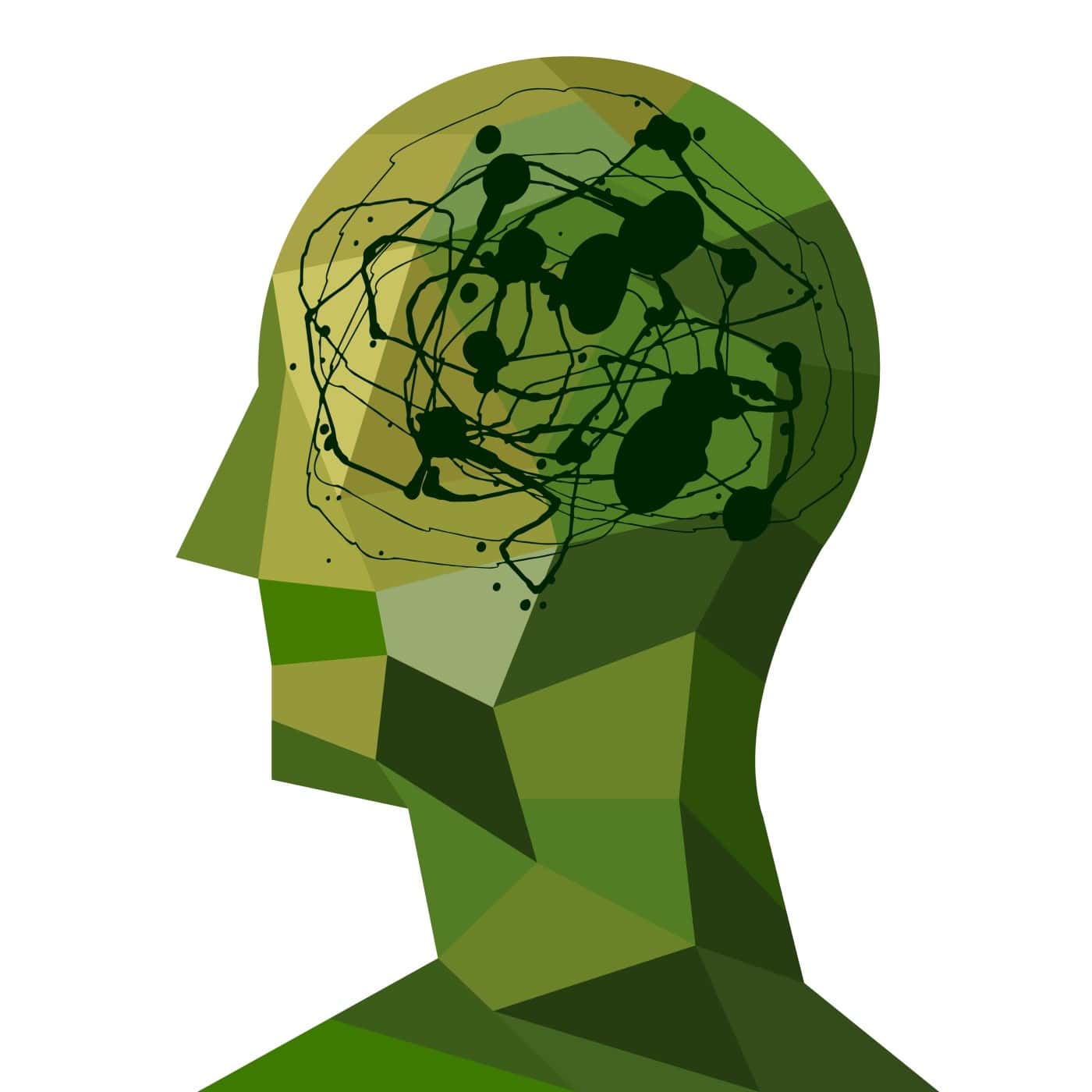
Adjustment disorder and depression: What is the difference and what can I do about them?
While the stigma surrounding mental health is reducing across society, issues remain prominent in the Armed Forces.
In particular, the Office for Veterans’ Affairs report on health and wellbeing from September 2024 found common mental disorders, including depressive episodes, remain the most prevalent condition in military personnel and veterans.
Common mental disorders are complicated, and can be career ending, so it is important to understand what they are and the treatment options available. There are subtle differences between depression and adjustment disorder that I want to explain to help raise awareness.
Depression symptoms
Depression is more than simply feeling a bit down. Depression is a low mood, lasting for weeks or months, affecting your daily life. There is no single, identifiable cause for depression but there are a number of potential triggers, including stressful events, illness, loneliness and substance abuse.
The symptoms of depression can be characterised into three categories: emotional, physical and social.
- Emotional: A continuous low mood, feelings of hopelessness and helplessness, low self-esteem, feeling tearful, guilt-ridden or irritable and, in severe cases, suicidal thoughts may appear.
- Physical: Changes in appetite or weight, disturbed sleep, loss of libido, lack of energy and constipation.
- Social: The individual may neglect their hobbies/interests or difficulties at home may arise.
Adjustment disorder symptoms
An adjustment disorder is distress caused by the inability to react to an outside stressor.
So, for example, you may find it difficult to adjust to the loss of a loved one or stress at work. There are a variety of potential stressors that could trigger this, such as conflicts at home or work, money worries or illnesses.
The symptoms of an adjustment disorder can overlap with those of depression. The main symptoms relate to anxiety surrounding the trigger including:
- Excessive worry;
- Recurrent and distressing thoughts about the stressor and its implications;
- An impairment in other aspects of functioning, such as work or personal life;
Unlike depression, adjustment disorders are typically caused by an external event, with symptoms emerging within a month of the triggering event. In many cases, the symptoms will resolve once the stressor is removed or the individual learns to adapt to the situation.
Treatments available for depression and adjustment disorder
Despite their differences, the treatments available for adjustment disorders and depression are largely the same. The specific treatment received will be determined by the individual circumstances, and your medical officer or GP can advise on this. The main treatments available include:
- Lifestyle changes: Regular exercise, healthy eating and self-help groups are all techniques that can first be introduced to support those suffering.
- Therapy: Cognitive Behavioural Therapy (CBT) is a common therapy offered to those suffering with depression and adjustment disorders. This therapy includes introducing various techniques to the individual, to allow them to challenge how they think and manage negative events.
- Medication: Anti-depressants can also sometimes be prescribed to those suffering.
Support
There are a number of charities supporting military personnel with mental health issues, including:
- Op COURAGE: The NHS Veterans mental health and wellbeing service;
- Combat Stress: Providing mental health support for veterans;
- Head Up: Supporting mental health for those who have served;
- Royal British Legion: A range of services, including mental health support for veterans and service members.
Your rights
There are a number of options available to compensate those suffering from an adjustment disorder and depression as a result of their military service.
Service complaints
If you are still serving in the military and believe your condition was caused by wrongful behaviour (such as bullying, harassment, or discrimination), you can submit a service complaint. This complaint must be filed within three months from the date of the incident.
Armed Forces Compensation Scheme (AFCS)
You may be entitled to an award under AFCS if you are able to demonstrate your condition is a result of your service and occurred on or after 6th April 2005. If your injury occurred prior to this, the War Pension Scheme will apply.
AFCS is a no-fault scheme, so you only have to prove your condition was related to your service. This claim must usually be made within seven years of your diagnosis.
Civil claim
In addition to a claim under the AFCS, you may be able to bring a civil claim. This must normally be issued within three years of the date of diagnosis. BBK has a wealth of experience in supporting victims suffering from adjustment disorders and depression, and a solicitor in our team will be happy to discuss this with you.
If you or a loved one are suffering as a result of your service, do not hesitate to reach out to BBK who will be happy to discuss this further.










